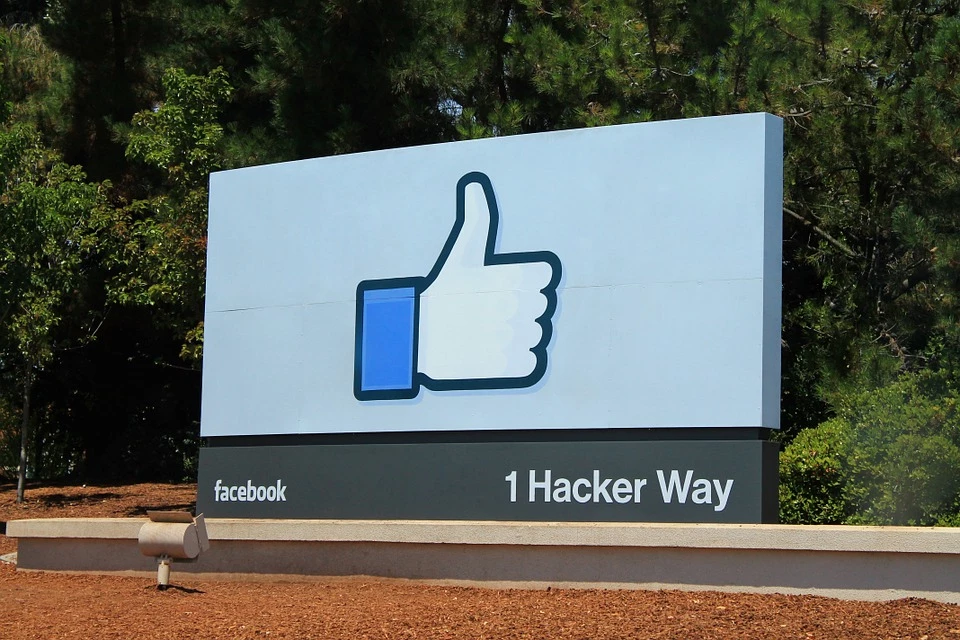
Partner Article
The Facebook scandal: will it affect online video?
With the news of Facebook breaching users data and harvesting it to Cambridge Analytica, is it really a surprise that, according to Statistica, 7.66% of users have admitted to deleting their account? Or that Mozilla, the company behind the Firefox browser, have said they are pulling their marketing spend on the platform?
Most consider Facebook as a friendly, free service to connect with school friends that you haven’t seen in 1000 years. But now, attitudes have changed and users are wary of what the platform is actually doing with their personal details.
Although Mark Zuckerberg publicly apologised for the incident across broadcast newspapers, admitting “We have a responsibility to protect your information. If we can’t, we don’t deserve it.”, there has still been a viral #deleteFacebook hashtag trending on Twitter, along with 34.4% of users updating their privacy settings on Facebook. However, even though users are causing uproar over the scandal, advertisers are not all planning to pull their spend from Facebook just yet.
Delving into the figures, 25% of all global ad spend went to Google or Facebook in 2017, and 61% of online ad spend went to the two tech giants. This percentage is unlikely to be massively affected by the Facebook scandal – in 2016, brands saw ad spend on social media sites in the UK grow 38% to £1.73bn. Not a figure to be shunned. Video advertisers are also seeing tremendous growth, spending £699m in the first half of 2017 alone– a 46% year-on-year rise.
When we look at this globally, by 2019, online videos are expected to generate $15.4 billion in spend, and hog 80% of all internet traffic. This is because people are spending more time watching online videos, such as this social video that we created for one of our clients that attracted almost 30,000 views.
Moving Forward…
Along with Facebook’s problem of potentially losing users, they are also opening themselves up to being vulnerable to digital advertising competitors in the space. Twitter is likely to be hot on Facebook’s heels since the news arose.
Facebook has already said that this issue is a priority for them and has also committed to face-to-face meetings with brands, as well as “regular and open dialogue” with ISBA (the voice of British Advertisers).
Overall, this case will see users of Facebook, and other social networks, becoming more aware of what they are sharing and with whom. It will also mean users understand more in depth about what it actually means when they sign up to a site and tick that little box unwittingly. Brands and agencies can work with the big social networks on building back consumer trust.
This was posted in Bdaily's Members' News section by Niamh Byron .








 Raising the bar to boost North East growth
Raising the bar to boost North East growth
 Navigating the messy middle of business growth
Navigating the messy middle of business growth
 We must make it easier to hire young people
We must make it easier to hire young people
 Why community-based care is key to NHS' future
Why community-based care is key to NHS' future
 Culture, confidence and creativity in the North East
Culture, confidence and creativity in the North East
 Putting in the groundwork to boost skills
Putting in the groundwork to boost skills
 £100,000 milestone drives forward STEM work
£100,000 milestone drives forward STEM work
 Restoring confidence for the economic road ahead
Restoring confidence for the economic road ahead
 Ready to scale? Buy-and-build offers opportunity
Ready to scale? Buy-and-build offers opportunity
 When will our regional economy grow?
When will our regional economy grow?
 Creating a thriving North East construction sector
Creating a thriving North East construction sector
 Why investors are still backing the North East
Why investors are still backing the North East